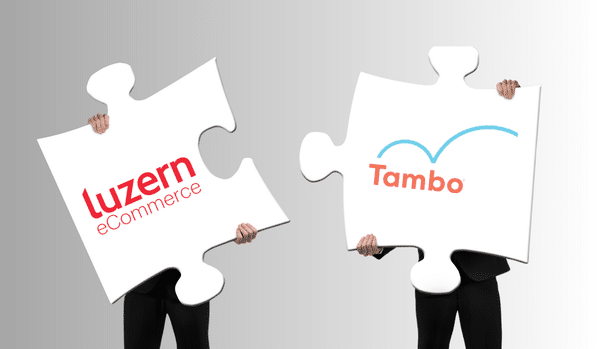White Stuff, has improved product experiences across its owned and third-party retail channels, partnering with Akeneo, a provider of product information management (PIM) and product experience management (PXM) solutions.
Established in 1985 White Stuff sells fashion, footwear, accessories and homewares from over 100 stores in the UK and Germany. Digitally, it operates its Direct To Consumer (DTC) offer through its own eCommerce site, as well as selling through third-party retailers, including John Lewis, M&S and Next.
Traditionally, White Stuff had no single source of truth for product data across its sales channels, with data sets stored on legacy systems or on excel sheets, which needed manual input at each stage of the product life cycle. This was impacting data quality and consistency of the product information available to internal teams, 3rd parties and customers. Additionally, the process to enrich product data was operationally inefficient.
Wanting to enrich product data to improve customer experience and make its collections even more shoppable, White Stuff wanted to unify its product data on a single platform. The fashion brand also wanted to ensure that the product experiences it delivered to its resale retail partners were not only consistent and information-rich but would ensure the brand’s identity and values would be upheld when merchandised on third-party retailers’ websites.
Having conducted a thorough review of the PIM market, it selected Akeneo because of the usability and accessible user interface of the solution, as well as Akeneo’s open-API infrastructure and MACH architecture. This composable configuration will allow White Stuff to effectively scale at pace and integrate the PIM with the tech stack in the long term as it evolves with the needs of the business.
“We were looking for a partner that could deliver not only across an operational lens, creating greater efficiencies and quicker time to market for example. But we also needed a partner that could deliver against a customer lens, creating better online experiences and ease of search to improve conversions. And Akeneo ticked all of these boxes,” Steve Borg, head of technology at White Stuff, commented.
White Stuff piloted Akeneo’s PIM solution in December 2021 on its SS22 dress category, using the trial to test the PIM attribution process and the associated product feed process. Having seen improvements in operational efficiencies and speed to market – with improved data enrichment and less manual data entries helping it move from a daily product update served through the ERP system to multiple product updates each day – it rolled Akeneo out across all of its clothing, accessories, gifts and homeware categories for AW22, as well as supporting its UK and German websites.
This has improved data quality, reducing errors and inconsistencies on the products listed on the website, whilst improving customer experience online. Akeneo is now being adopted widely across White Stuff’s internal business units – from being able to pull data and reports quickly and easily from the PIM system to inform Merchandising, through to the Logistics team using PIM to land products from off-shore suppliers.
The implementation of Akeneo has also supported White Stuff in building brand-rich product experiences for its resale retail partners – Next, John Lewis and M&S – with the PIM supporting a B2B portal, consolidating all product information and data feeds centrally on its platform. As well as bolstering product experiences for third-party retailers, Akeneo will also future-proof White Stuff operations for expansion into marketplaces, such as an Amazon Shop, should it expand its marketplace presence in the future.
Andrew Rodgers, IT programme manager and digital transformation lead at White Stuff, commented: “We are really pleased with our choice of PIM. Akeneo’s solution didn’t just tick all the boxes, but they came with the collaborative and consultative approach needed to help us get the very best out of the solution. The PIM solution is easy to use, meaning we can deliver our changes with in-house resources. The system is well designed and supported by detailed online technical documentation, which makes it a great enabler for our transformational projects. Everyone who uses the PIM finds it information-rich, and there is the added bonus that training needs are minimal.”








Share